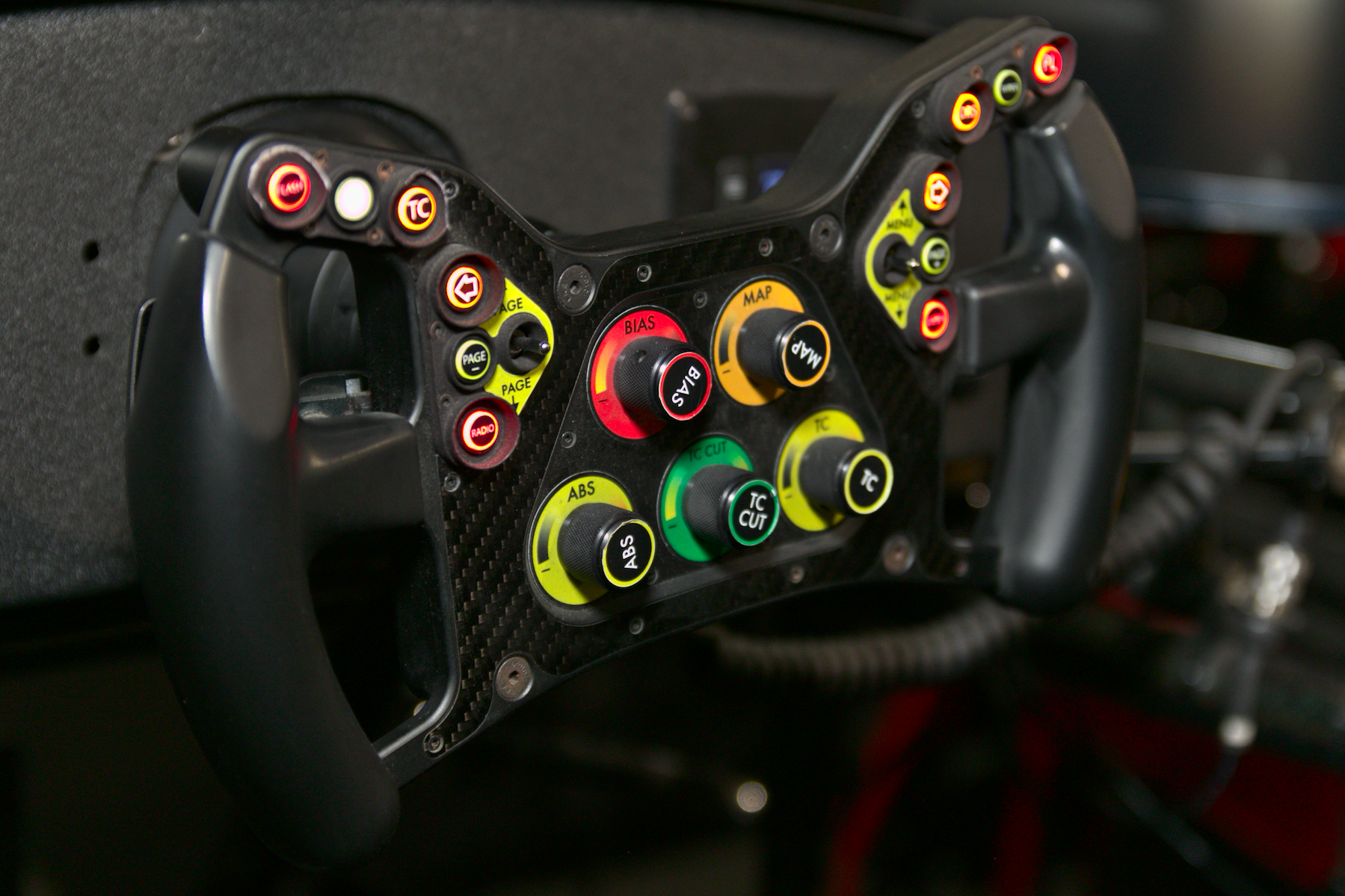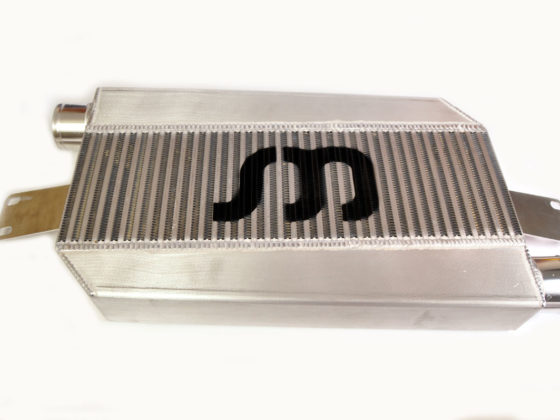
The principles of motion simulation they employ are sound, and they’re capable of building just about any type of vehicle simulator to order. This particular unit is a second revision on a full custom simulator that was built to a customer’s demanding specification. SimCraft felt that they could consumerize things a little better, and this is an ongoing project. But, given the global situation, it’s had to take a back burner as the demand for motorsport simulation is through the roof.
But what goes into a $125,000 motion simulator like an Apex6 Pro? And what kind of options exist for those of us that can’t buy a race car’s worth of racing simulator? Let’s find out.

This is the world of sim racing, though, and a powerful PC is a crucial component in what goes into a SimCraft simulator.

SimCraft can provide a fully-built PC with the horsepower required to run the CPU-intensive motion simulation calculations and run the actual simulator software. From iRacing to rFactor 2 to Assetto Corsa and more, SimCraft is capable of providing motion simulation for almost every title you would commonly want to use.
In the future, SimCraft is looking to partner with an OEM PC manufacturer to offload some of their Microsoft Windows support. While this might increase the cost by a few bucks for the end-user, it’s a small percentage of the simulator’s total cost and will improve the customer experience. Making the customer happy is a primary focus at SimCraft.

Here you see SimCraft’s plasma CNC table. SimCraft handles fabrication of their small components (tabs, brackets, etc) in house. Currently they are having to send a few things out locally due to the surge in demand for at-home simulation due to COVID-19. But they’ve just purchased some new equipment and will be back to doing everything in-house again soon.



